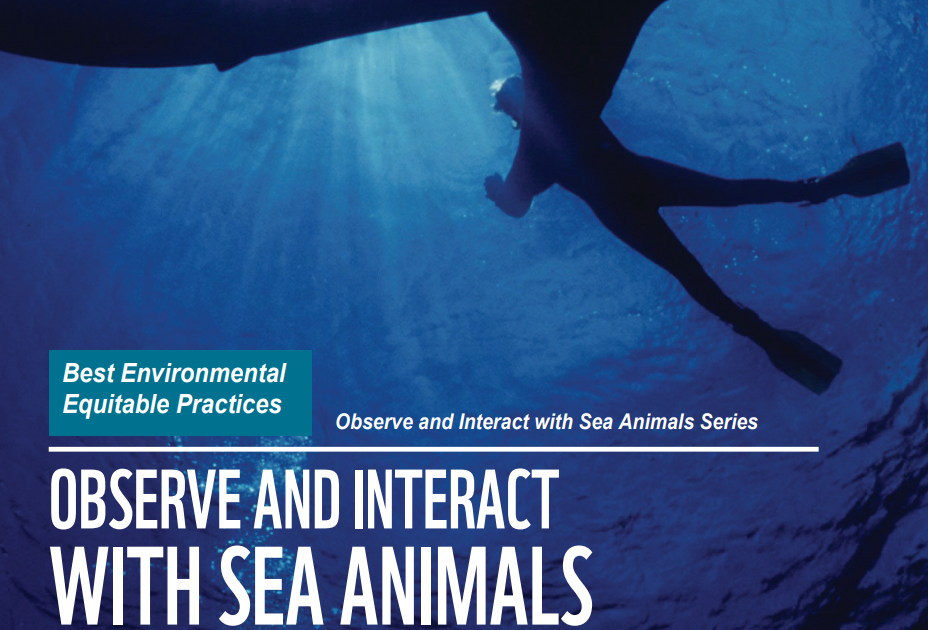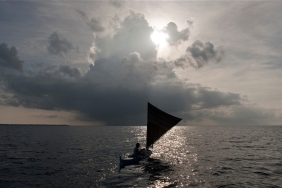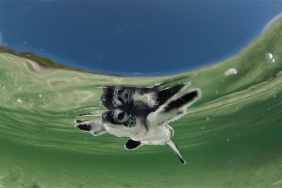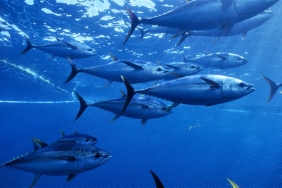BEEP - OBSERVE AND INTERACT WITH SEA ANIMALS
This guideline is organized by Responsible Marine Tourism Program WWF-Indonesia, supported by practitioners and academics. This guideline will show us on how to manage ecological footprints left from every tourism activity, such as garbage and waste, energy, and water used.
This guidelines provide brief explanations regarding these developing issues; energy utilization, waste management, water utilization, and consumption. Descriptions will be followed with example of best practices the readers must implement to reduce the impact of tourism activity towards environment, socio-culture, and economy.
Tourism activity is one of the biggest sectors in the world with high potency to absorb resources and energy. This industry utilizes advanced technology and considerable energy to run the operation, for transportation, communication, or fulfilling facility’s necessities. The high energy utilization is followed with carbon gas production that will result in negative impact towards environment, and also human’s health.
Overly produced carbon gas to the atmosphere contributes to the increasing global temperature which commonly called as global warming. The increase of global temperature affects widely and threatens nature conservation in numerous tour locations across the globe, including marine tour locations. The increase of only 1oC can fatally affect coral reefs ecosystem in the ocean.
In fact, rise of temperature can remove plant’s cell that is symbiotic with coral that will result in coral bleaching, the loss of food source– eventually killing them. Even worse, temperature rise as a result of melted ice in poles causes the rise of sea level. Beach areas and small islands in Pacific Ocean are confirmed to be the major victims regarding this situation.
Therefore, we can choose the wise step and fix this by implementing energy utilization practices sustainably. This will contribute to reduce carbon emission globally. Wisely utilizing the energy also brings direct advantages towards environment, social, and economy. The word “wise” in energy consumption can be interpreted as commitment and act to reduce energy utilization as much as possible and to find new alternative.
Readers are expected to get clear picture regarding ecological footprint that is caused by tourism activity, and furthermore this guidelines hopefully can inspire the readers to decide and apply wise steps to reduce negative impacts of tourism activity.





